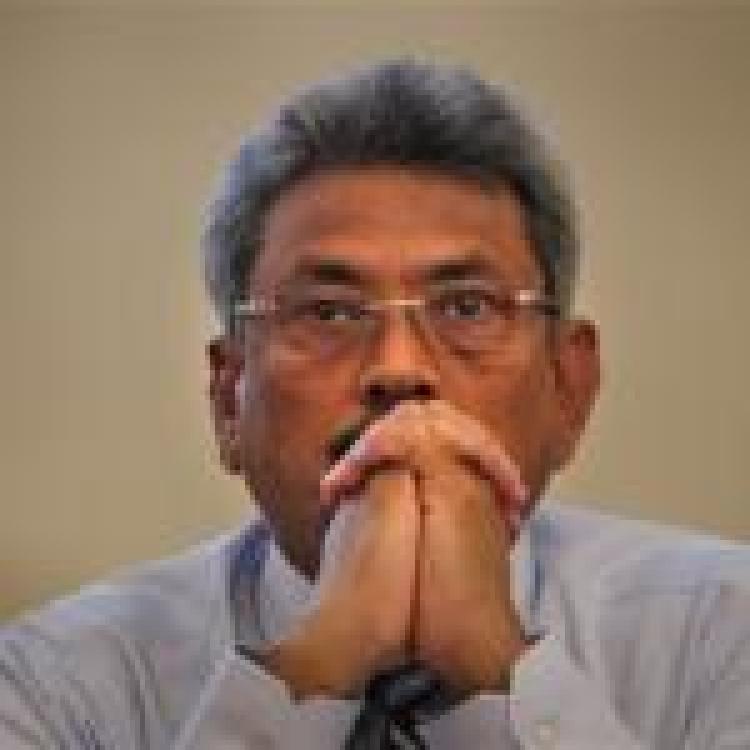![]()
Human Rights Watch (HRW) has called on Sri Lanka’s parliament to reject a resolution that seeks to exonerate government and military officials implicated in human rights abuses and to prosecute those pursuing investigations against them.
HRW warns that if the resolution, brought before parliament on 9 April, it would “further undermine the independence of the judiciary and rule of law, which has been severely weakened under the administration of President Gotabaya Rajapaksa”.
Commission on Political Victimisation
The Commission of Inquiry (COI) to Investigate Allegations of Political Victimization was established by President Rajapaksa in January 2020 and seeks to derail investigations of his relatives and allies begun by the previous administration in 2015-19.
HRW adds that the COI, “seeks to block investigations and prosecutions in emblematic human rights cases, overturn a murder conviction, reinstate security force members disciplined for serious misconduct, and protect Rajapaksa family members and others from investigations into fraud and money laundering”.
The COI has threatened to take action against investigators in human rights cases, including the former Criminal Investigation Division investigators Shani Abeysekara and Nishantha Silva, and officials in the attorney general’s office with expertise in combatting money laundering and corruption. Sri Lanka’s attorney general has to repeatedly accused the commission of exceeding its authority.
HRW reports that amongst the cases that the Rajapaksa administration have tried to block are the legal proceedings in the 2008-2009 enforced disappearance and suspected murder of 11 Tamil men by members of Sri Lanka’s Navy intelligence as part of a conspiracy to extract ransom from their families. Fourteen former and serving naval officers including Adm. (ret.) Ravindra Wijegunaratne, a former chief of defence staff, were due to stand trial last year before the trial was postponed.
They further highlight other high profile cases such as the 2008 abduction and torture of a journalist, Keith Noyahr; the 2009 murder of a newspaper editor, Lasantha Wickrematunge; the 2010 disappearance of a journalist, Prageeth Ekneligoda, in which a criminal trial is proceeding; and the 2012 Welikada Prison massacre, in which security force personnel are currently facing trial.
HRW further adds that in all of these cases evidence produced by the police had implicated Gotabaya Rajapaksa in these crimes. The current resolution seeks to acquit the suspects and bring prosecutions against police, prosecutors, and witnesses for supposedly fabricating evidence.
Responses
Responding to the commission, Sri Lanka’s Bar Association reported that resolution “may undermine the Rule of Law in this country, impair the independence of the Judiciary, and erode the impartial and efficient functioning of the Attorney General’s Department.”
Meenakshi Ganguly, South Asia director at Human Rights Watch, described the resolution as a brazen effort by Rajapaksa to “help his family and associates evade Sri Lankan justice”.
She further adds;
The “Rajapaksa’s administration has spared no effort in covering up serious alleged crimes, including those implicating Rajapaksa himself.”
She calls upon Sri Lanka to reject this “bogus commission of inquiry and instead take seriously the UN Human Rights Council’s March resolution”. She also called for concerned governments to make it clear “that pursuing the commission’s recommendations will be a major setback for Sri Lankan government accountability.”
Read HRW’s full statement here.

